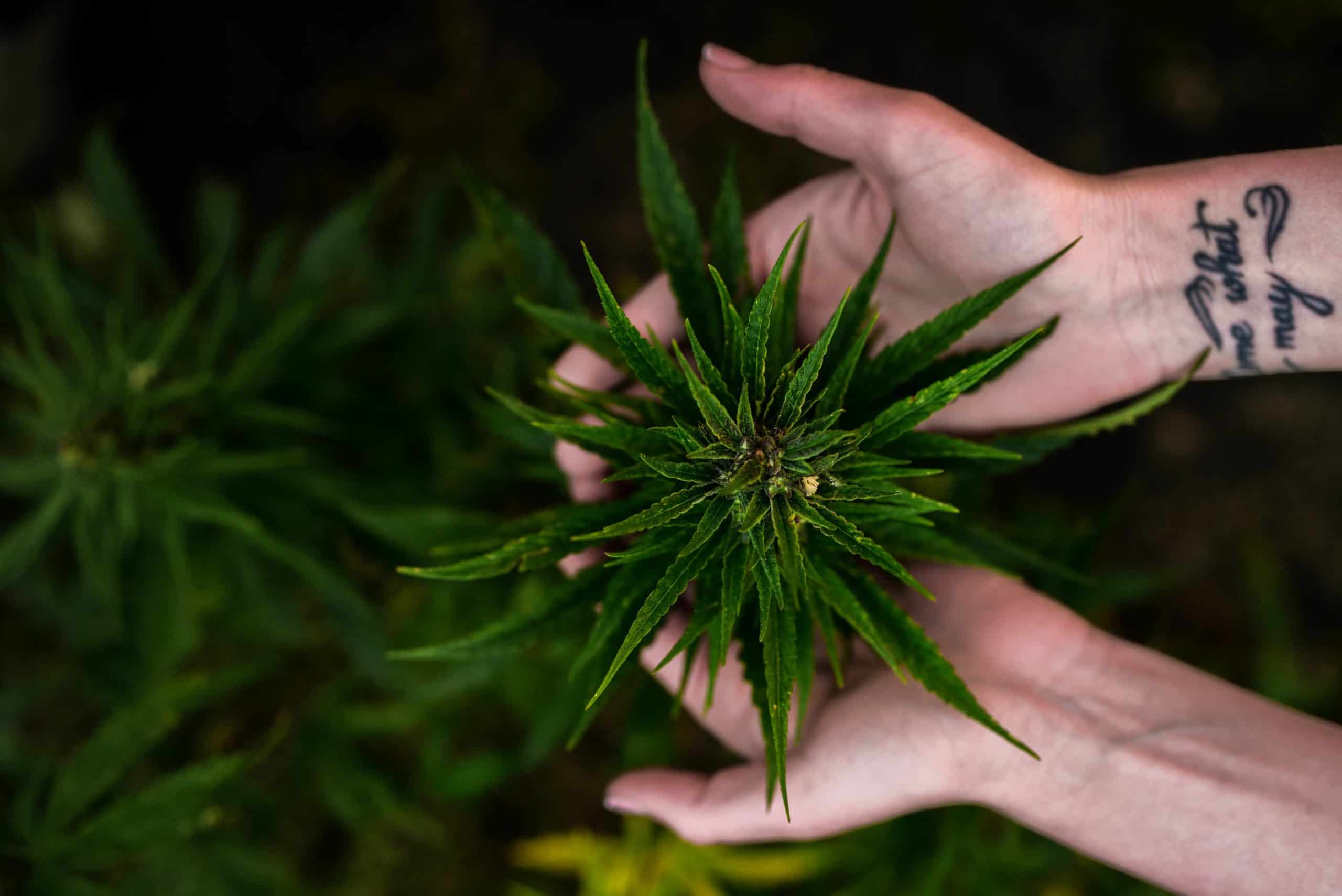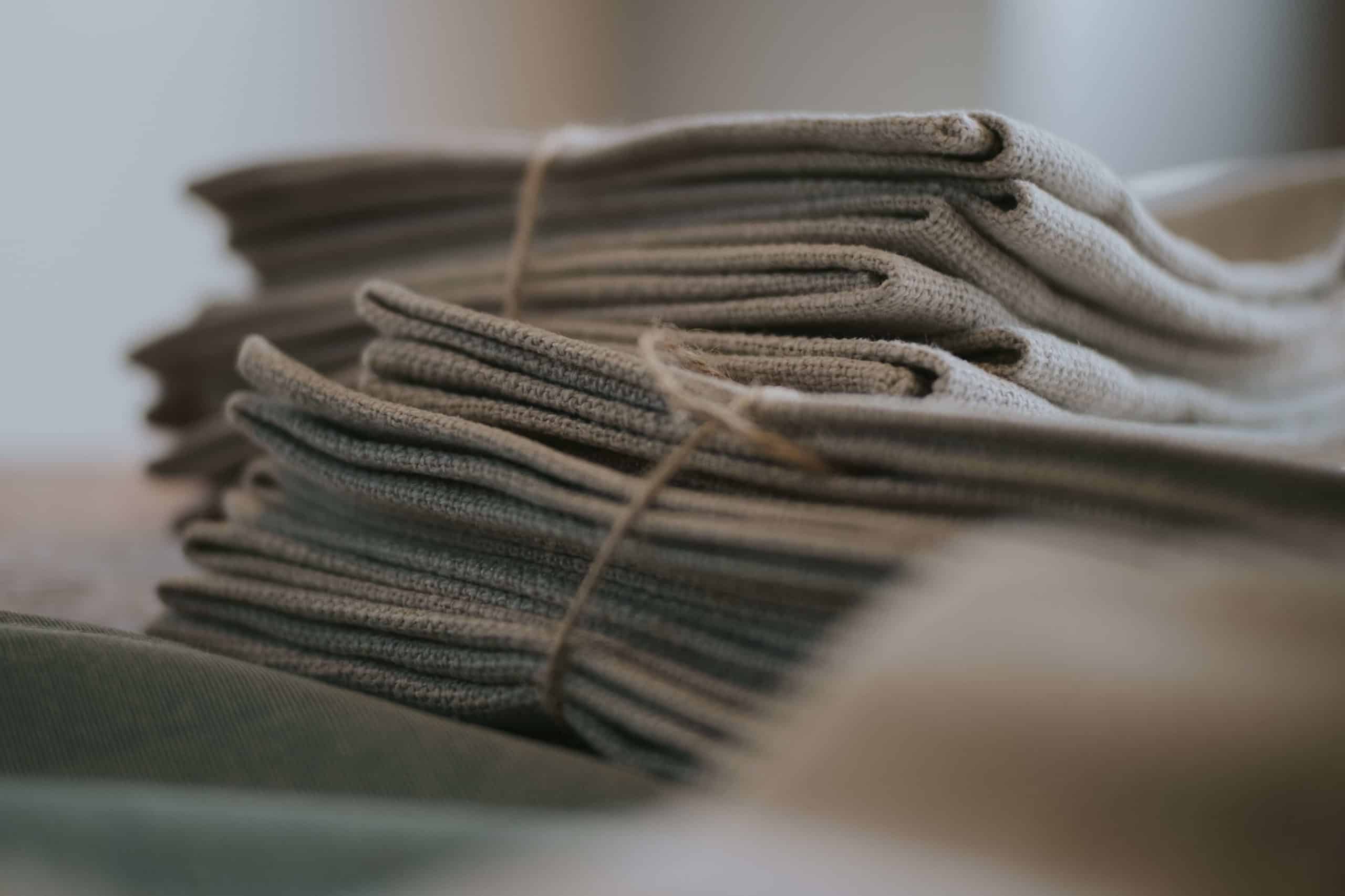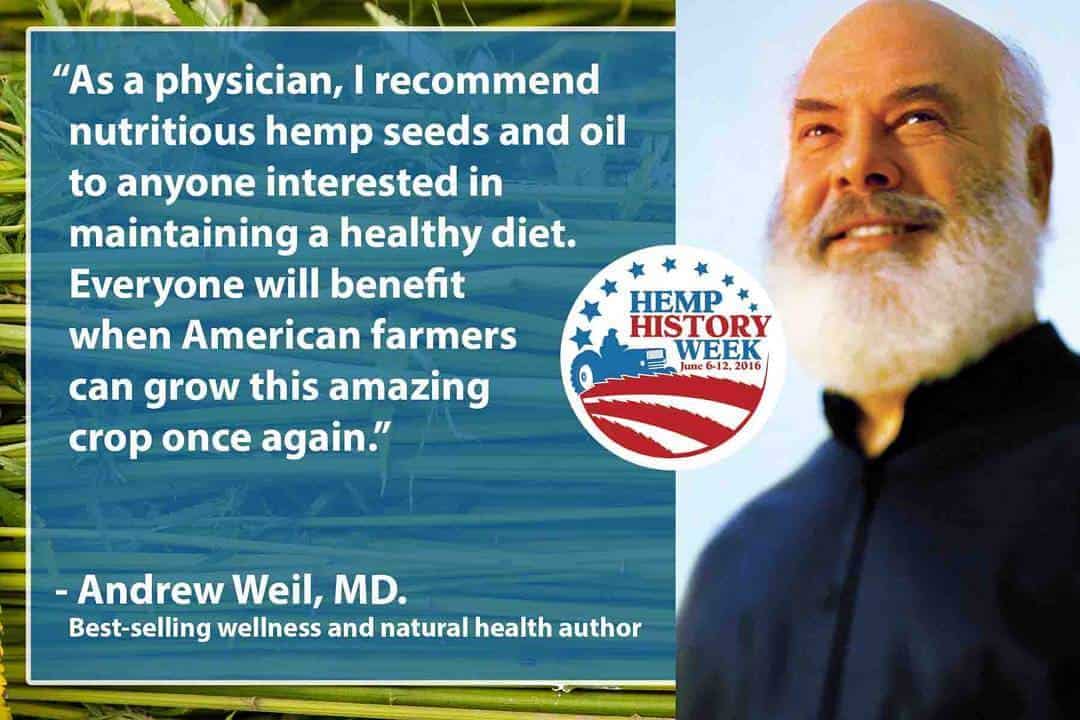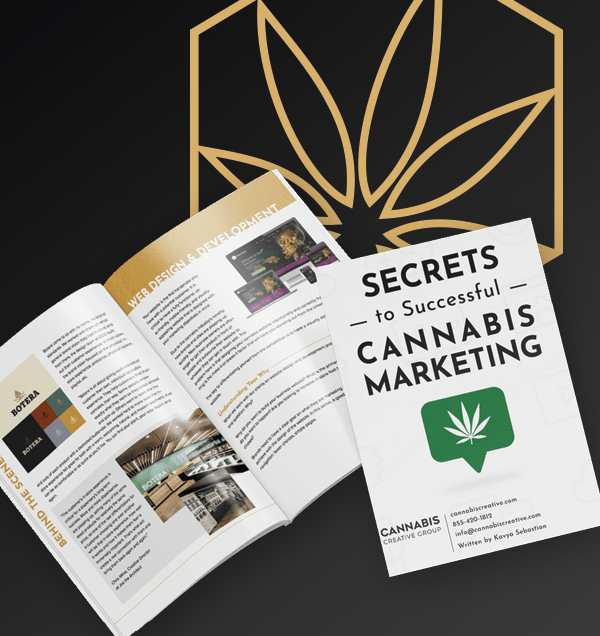This blog post is a guest contribution from Mariah Voegeli
Hemp is habitually mistaken for marijuana or oftentimes for CBD. Although hemp, marijuana, and CBD are all derived from the Cannabis plant, they’re not the same. Despite the common misconception, neither CBD nor hemp can get you high or intoxicated. Marijuana on the other hand, will obviously get you high.
Hemp usage in today’s world is a far cry from the plant’s greatest potential. To know the semantics of hemp, as well as its versatility and potential, is invaluable. To begin, the difference between hemp, marijuana, and CBD should be fundamentally understood.
What Makes Hemp Different?
The difference between hemp, marijuana, and CBD is the chemical composition.
Analytical Cannabis says it best – laws by country differ on legalities and semantics. In the United States, marijuana is identified as any Cannabis plant with greater than 0.3% THC (Tetrahydrocannabinol), which is the primary psychoactive compound in the Cannabis plant that gets you high.
CBD, or Cannabidiol, is one of the foremost active ingredients of marijuana. Peter Grinspoon, MD, contributor to Harvard Medical School, writes, “It’s derived directly from the Hemp plant, which is a cousin of the Marijuana plant. While CBD is a component of marijuana (one of hundreds), by itself it does not cause a ‘high.’” CBD oil comes from the flowers, leaves, and stems of the Cannabis plant.

The Truth About Hemp
Hemp is a key contributor to help save this planet. Unlike marijuana, it’s not a psychotropic drug. And unlike CBD, hemp seed oil uses extract from the seeds of the Cannabis plant rather than the flowers, leaves, and stems. I relish in calling hemp the “superhero of plants,” or the Mitochondria if you will.
Here’s a brief list of the benefits of hemp before a deep dive into the plant and all its glory:
- Extensive benefits to your body and health
- Non-pharmaceutical medicines and supplements
- Food source
- Body care products
- Eco-friendly alternatives
Hemp’s Indispensable Tangibility
The number of things hemp can do is nearly endless. The use of hemp is not a new concept as it has been used in the United States for hundreds of years, but globally it has been used for over 10,000 years!
According to Advanced Holistic Health, there was hemp cord found in pottery at an ancient village site dating back over 10,000 years in what is now modern day Taiwan. Uses of hemp in history range from pottery, food, textiles, medicine, paper, and more, which is similar to how hemp is used today, but with even more applications now.
Hemp’s Nutritional Benefits
Medical News Today gives great insight into the health benefits of hemp.
Hemp is a great food source as it contains 31.56 g of complete protein in just 100 g, compared to a grilled beef ribeye at 28.35 g in 100 g.
Hemp seeds are abundant in vitamins B and E, magnesium, phosphorus, potassium, iron, and zinc. These seeds help protect the brain, which means hemp may help with neurological conditions such as:
- Parkinson’s disease
- Alzheimer’s disease
- Multiple sclerosis
- Neuropathic pain
- Childhood seizure disorders
Consuming Hemp
How you consume is obviously up to you. Hemp seeds have a mild nutty profile, and personally, I just imitate these common ways of consumption:
- Add hemp hearts to smoothies, smoothie bowls, or yogurt for texture.
- Add seeds to cereal.
- Top seeds on a salad.
- Toss seeds into pasta dishes. Think: creamy nutty parmesan.
Other hemp options include hemp milk (which may be fortified with extra nutrients) and hemp protein powder, which is a great plant-based alternative to whey protein powder.

Hemp is Sustainable and Eco-Friendly
Hemp is such an incredible plant. It can be utilized in so many ways, and what I consider the best part of hemp is how it’s such a great eco-friendly alternative. Again, the superhero of plants!
Way of Leaf talks about the plant’s many uses that I’ve summarized for you here:
- Food
- Paper and cardboard – Writing paper, toilet paper, rolling paper, packaging materials, boxes, etc.
- Plastic – Hemp-made plastics are safer for the planet and 100% biodegradable. The possibilities are endless with the idea of switching to sustainable hemp plastics.
- Building materials – From car bodies, concrete substitutes, masonry, insulation, and fiberboard. Nontoxic and energy efficient.
- Fabrics, clothing, and textiles – Natural fabrics are safer for your skin with the benefit that hemp gets softer after each wash. From clothes to curtains to shoes to carpets!
- Ink – Nontoxic of course! For writing and also in tattoo ink. Hemp’s healing properties provide a safer and healthier tattoo. Hemp seed oil-based paints are also a safer solution with no worrying about the toxic fumes of VOCs.
- Health and beauty products – Pollution-free, organic, healing health and beauty products. From lotions to nail polish to shampoo to body oils.
- Waste reduction – Diapers make up two percent of American landfill waste. Switching to hemp material is not only a safer option for your baby’s skin, but also more biodegradable and better for the environment. There are also hemp-based reusable bags.
- Fuel – Hemp is considered as both the most environmentally friendly and cost-efficient fuel crop on earth. Studies have shown that farming just six percent of America’s hemp acreage is measured to replace nuclear power and fossil fuels.

Dr Andrew Weil, a doctor and best-selling wellness and natural health author, advocates for hemp as an alternative medicine:
“As a physician, I recommend nutritious hemp seeds and oil to anyone interested in maintaining a healthy diet. Everyone will benefit when American farmers can grow this amazing crop once again.”
I agree; everyone would benefit from clothing to sustenance to house paint to diapers. And of those benefiting, this includes mother earth. Hemp is a powerhouse to sustainable living.
